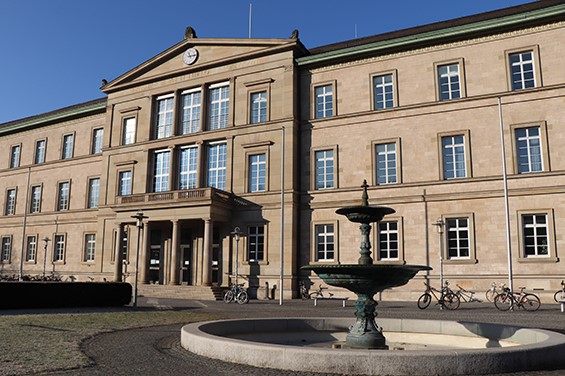Studying in Germany is expensive. Students need money for rent, food, the Mensa, the semester fee and study materials. Those who cannot be supported by their family have to look for other solutions. In addition to work and BaföG, this can also be a scholarship. A total of 1,750 foundations offer support for students in Germany, reports the study guide studienwahl.de. Those who are accepted into a scholarship program receive monthly payments, as well as a range of seminars and workshops and support from mentors. The 13 largest scholarship programs in Germany award scholarships on behalf of the Federal Ministry of Education and Research. The amount of funding is the same for all of these study foundations, and the money does not have to be repaid once the student has completed his or her studies. In addition, there are a number of other foundations whose funding levels vary. The Deutschlandstipendium, for example, provides 300 euros per month, while the Friedrich Ebert Foundation grants foreign students up to 830 euros. An overview of the foundations can be found at:
https://studienwahl.de/finanzielles/finanzierungsmoeglichkeiten/stipendien
A lot of information can also be found on the corresponding page of the University of Tübingen:
https://uni-tuebingen.de/studium/rund-ums-studium/studienfinanzierung/stipendien/
There is also more detailed material at the address:
https://uni-tuebingen.de/studium/rund-ums-studium/studienfinanzierung/
The support from mentors and the additional workshops not only help to find one’s way in everyday study life, but also make it easier to build up a network for a later career. Each foundation has its own criteria for funding. For example, future scholarship recipients are expected to share the foundation’s idealistic values—in the case of both church-affiliated and party-affiliated foundations. Very often, students are also expected to be socially engaged. There are also scholarships that specifically support people with a migration background and refugees—such as the Islamic Avicenna Foundation or the trade union-affiliated Hans Böckler Foundation. The prerequisites are usually good academic performance and good language skills. The Friedrich Ebert Foundation, for example, requires the C1 certificate from the Goethe Institute.
tun23041706
Eberhard Karls Universität Tübingen. Foto: tünews INTERNATIONAL / Mostafa Elyasian.
001061




